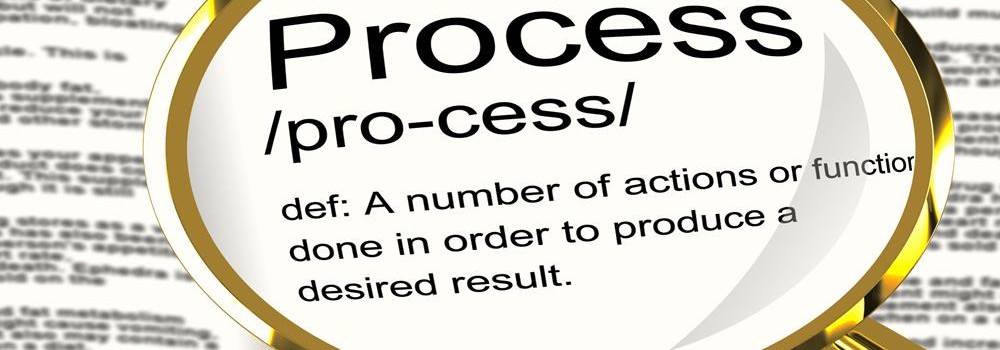- Home
- Business Processes
- Industry Knowledge
- Aerospace Industry
- Automotive Industry
- Banking Domain
- BFSI Industry
- Consumer/ FMCG Industry
- Chemicals Industry
- Engineering & Construction
- Energy Industry
- Education Domain
- Finance Domain
- Hospitality Domain
- Healthcare Industry
- Insurance Domain
- Retail Industry
- Travel and Tourism Domain
- Telecom Industry
- Leadership Skills
- eLearning
- Home
- Leadership
- Tags: studies on leadership
Tagged with: studies on leadership
Psychodynamic Approach

The Psychodynamic Approach to leadership focuses on leaders building an understanding of their personality characteristics to know why they act or react in certain ways. Psychodynamics theory aims to explain the dynamics of human behavior in which lies the essence of leadership, by analyzing various motives that govern a person's behavior. This information can be used to develop leaders and followers by understanding their responses based on their personalities.
Reciprocal Influence Approach

Reciprocal influence theory also known as reciprocal determinism is authored by Albert Bandura and states that an individual's behavior influences and is influenced by both the social world and personal characteristics. Three factors that influence behavior are the environment, the individual, and the behavior itself. Certain leader behaviors can cause subordinate behaviors and reciprocal influence on the leader by the group.
Role Theory of Leadership

Role theory is a concept in sociology and the role theory of leadership borrows these concepts to explain how people adapt to specific organizational and leadership roles. How the leaders and followers in an organizational context define their own roles, define the roles of others, how people act in their roles and how people expect people to act in their roles within the organization.
Self-Fulfilling Prophecy (SFP) Leader Theory

Pygmalion theory of Leadership is a model of SFP at work involving supervisory expectancy based on the pygmalion effect. This effect is a type of self-fulfilling prophecy (SFP) in which raising leader's expectations regarding subordinate performance boosts the group's performance. Managers who are led to demand more from their team, lead the team to better performance. There is some evidence that the SFP effect does exists.
Self-Leadership

Self-leadership is a normative model of self-influence by the use of several behavioral strategies to gain a comprehensive self-influence perspective about oneself. Self-leadership is developing an understanding of your capabilities and abilities to influence your own communication, emotions, and behaviors to lead and influence others. Self-leadership is about personal growth and developing foresight.
Explore Our Free Training Articles or
Sign Up to Start With Our eLearning Courses

About Us
Learning
© 2023 TechnoFunc, All Rights Reserved